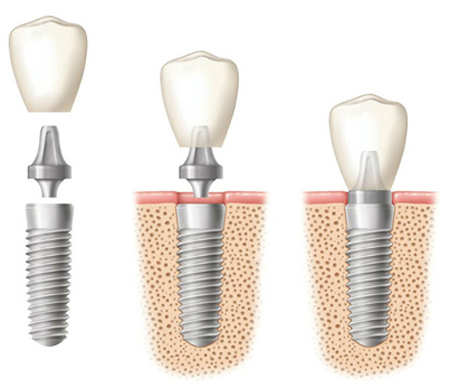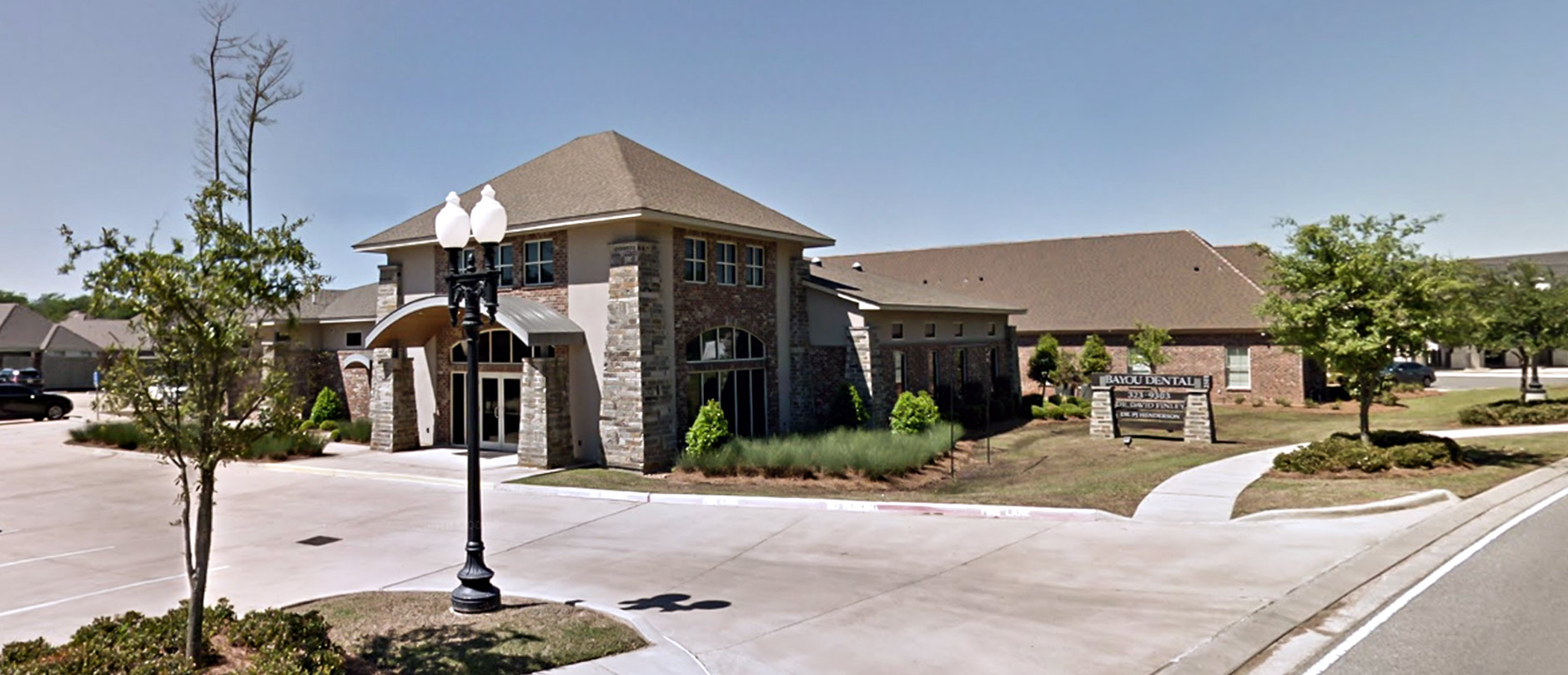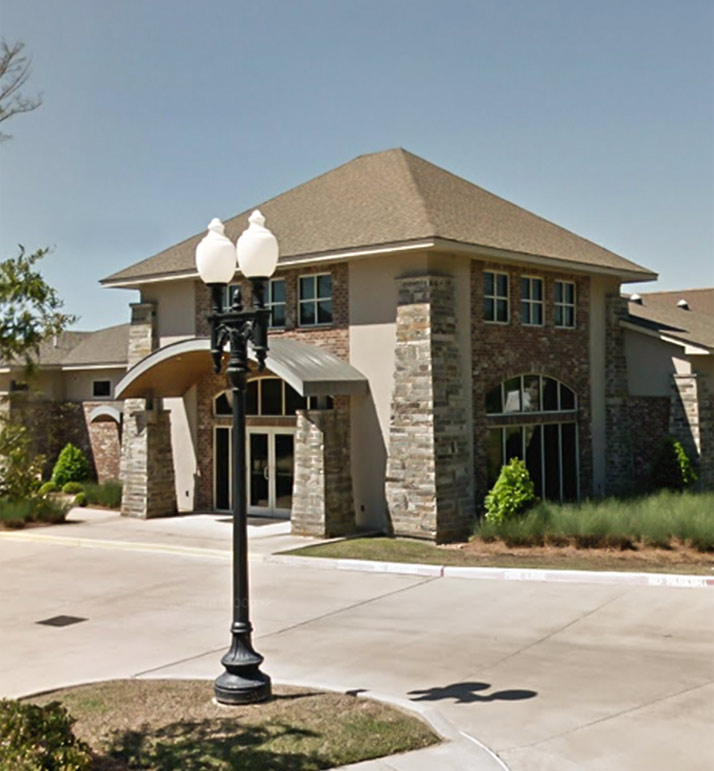Three weeks ago, an oral surgeon removed a dental implant that I received six months ago. The surgeon removed it because the implant wasn’t healing well. And when the surgeon placed the implant, it punctured my sinus by about 3 to 4mm.
After the oral surgeon removed the implant, he said it was easy to remove because it wasn’t fusing with the bone, and I didn’t have an infection. I didn’t receive any antibiotics. The surgeon prescribed Flonase as a precaution, and he advised me not to blow my nose or sneeze with my mouth closed. The oral surgeon didn’t repair the sinus perforation. He cleaned the area and stitched my gums. He said the perforation would heal oni ts own. In a year, the hole should fill with sinus tissue or bone, and I might be able to get another implant.
From the day the surgeon removed the implant, my nose is continually congested, especially at night. The Flonase doesn’t help. When I move my jaw, I hear a crackling in my ear, but fortunately, it’s not painful. I returned to the oral surgeon for a checkup, and he said everything looks fine. I requested antibiotics anyway because it felt like I was getting an infection. After taking the antibiotics, my congestion is better but not gone. I don’t feel air escaping through the site where the implant was.
Although I see some improvement, I’m concerned that the congestion isn’t completely gone. Should the oral surgeon have given me antibiotics when he extracted the implant? How do I know that my sinus is healing and the bone isn’t damaged from congestion and the infection? Thank you. Sarah from Knoxville, TN
Sarah,
Your surgeon could have prescribed antibiotics right away. But taking antibiotics as a precaution when you don’t have an infection can create antibiotic-resistant bacteria in your body. If that happens, antibiotics won’t work when you need them. Flonase, which your oral surgeon prescribed, is an appropriate alternative.
Sinus Perforation
It’s a big mistake to perforate the sinus by a few millimeters. A mistake of a few millimeters is a lot in dentistry. Your oral surgeon owes you an explanation for both errors.
Sinus peroration and its effects is an issue among oral surgeons.
- Many oral surgeons say that it’s not a big deal because they have perforated the sinus many times, and the implant heals.
- But others say sinus perforation is sloppy surgery that increases the risk of infection and implant failure. They also add that the more the implant perforates the sinus, the less bone there is to support the implant.
- And skilled oral surgeons agree that a perforation of one or two millimeters is manageable, but several millimeters often create ongoing problems.
You didn’t give many details about what led to removing your implant. But it’s fortunate that it occurred within five months and before you received a dental crown. Some people who have a sinus perforation from a dental implant have persistent nasal problems that require removing the crown, building up the bone with grafting, waiting for the site to heal, and placing a new implant.
Implant Planning Requires 3-D X-rays

Get a second opinion if your dental implant failed
Successful implant dentists know that three-dimensional x-rays ensure you have enough jawbone to secure the implant. What will your current surgeon do to prevent the problem from recurring? If your implant went into your sinuses and didn’t fuse with the bone, there isn’t enough bone.
Although Dr. Finley hasn’t examined the implant site, from your description, it sounds like you might need to think about getting a second opinion. If you decide to get a second opinion, take your dental records and x-rays with you to the appointment.
This post is sponsored by David Finley, DDS, a Monroe, LA implant dentist and Fellow of the American Academy of General Dentistry.





